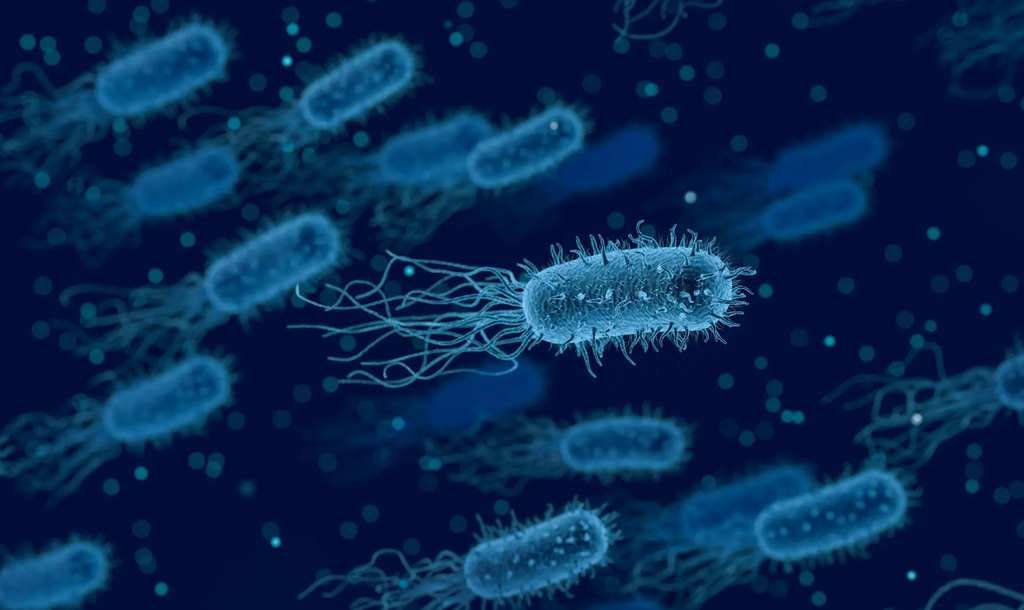Researchers at the University of Zurich and Spexis have re-engineered the chemical structure of a natural peptide, thanatin, to develop a new class of antibiotics capable of combating resistant bacteria. The synthetic peptides have demonstrated effectiveness, safety, and resistance to bacterial immunity in mice tests, bringing the potential for a new type of antibiotic that can combat resistant strains.
In a study recently published in Science Advances, Zerbe now discusses the development of a highly effective class of antibiotics that fight Gram-negative bacteria in a novel way. The WHO classifies this group of bacteria as extremely dangerous. The group, whose resistance is particularly high due to their double cell membrane, includes carbapenem-resistant enterobacteria, for example. Besides the UZH team, researchers from the pharmaceutical company Spexis AG were also involved in the study as part of a collaboration co-funded by Innosuisse.
The starting point for the researchers’ study was a naturally occurring peptide called thanatin, which insects use to fend off infections. Thanatin disrupts an important lipopolysaccharide transport bridge between the outer and inner membrane of Gram-negative bacteria, as revealed a few years ago in a study by now-retired UZH professor John Robinson. As a result, these metabolites build up inside the cells, and the bacteria perish. However, thanatin isn’t suitable for use as an antibiotic drug, among other things due to its low effectiveness and because bacteria quickly become resistant to it. The researchers therefore modified the chemical structure of thanatin to enhance the peptide’s characteristics.
The synthetic peptides were then tested in mice with bacterial infections. “The novel antibiotics proved very effective, especially for treating lung infections,” says Zerbe. “They are also highly effective against carbapenem-resistant enterobacteria, where most other antibiotics fail.” In addition, the newly developed peptides aren’t toxic or harmful to the kidneys, and they also proved stable in the blood over a longer period – all of which are properties that are required for gaining approval as a drug. However, further preclinical studies are needed before the first tests in humans can begin.
Read the whole article here:
https://scitechdaily.com/scientists-develop-new-class-of-antibiotics-to-fight-resistant-bacteria/



